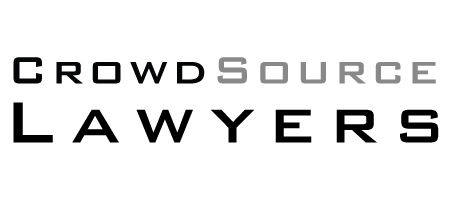California
Government Code – GOV § 3254
(a) A firefighter shall not be subjected to punitive action, or denied promotion, or be threatened with that treatment, because of the lawful exercise of the rights granted under this chapter, or the exercise of any rights under any existing administrative grievance procedure.
(b) Punitive action or denial of promotion on grounds other than merit shall not be undertaken by any employing department or licensing or certifying agency against any firefighter who has successfully completed the probationary period without providing the firefighter with an opportunity for administrative appeal.
(c) A fire chief shall not be removed by a public agency or appointing authority without providing that person with written notice, the reason or reasons for removal, and an opportunity for administrative appeal.
For purposes of this subdivision, the removal of a fire chief by a public agency or appointing authority, for the purpose of implementing the goals or policies, or both, of the public agency or appointing authority, or for reasons including, but not limited to, incompatibility of management styles or as a result of a change in administration, shall be sufficient to constitute “reason or reasons.”
Nothing in this subdivision shall be construed to create a property interest, if one does not otherwise exist by rule or law, in the job of fire chief.
(d) Punitive action or denial of promotion on grounds other than merit shall not be undertaken for any act, omission, or other allegation of misconduct if the investigation of the allegation is not completed within one year of discovery by the employing fire department or licensing or certifying agency. This one-year limitation period shall apply only if the discovery of the act, omission, or other misconduct occurred on or after January 1, 2008. If the employing department or licensing or certifying agency determines that discipline may be taken, it shall complete its investigation and notify the firefighter of its proposed disciplinary action within that year, except in any of the following circumstances:
(1) If the firefighter voluntarily waives the one-year time period in writing, the time period shall be tolled for the period of time specified in the written waiver.
(2) If the act, omission, or other allegation of misconduct is also the subject of a criminal investigation or criminal prosecution, the time during which the criminal investigation or criminal prosecution is pending shall toll the one-year time period.
(3) If the investigation is a multijurisdictional investigation that requires a reasonable extension for coordination of the involved agencies.
(4) If the investigation involves an employee who is incapacitated or otherwise unavailable.
(5) If the investigation involves a matter in civil litigation where the firefighter is named as a party defendant, the one-year time period shall be tolled while that civil action is pending.
(6) If the investigation involves a matter in criminal litigation in which the complainant is a criminal defendant, the one-year time period shall be tolled during the period of that defendant’s criminal investigation and prosecution.
(7) If the investigation involves an allegation of workers’ compensation fraud on the part of the firefighter.
(e) If a predisciplinary response or grievance procedure is required or utilized, the time for that response or procedure shall not be governed or limited by this chapter.
(f) If, after investigation and any predisciplinary response or procedure, the employing department or licensing or certifying agency decides to impose discipline, that agency shall notify the firefighter in writing of its decision to impose discipline within 30 days of its decision, but not less than 48 hours prior to imposing the discipline.
(g) Notwithstanding the one-year time period specified in subdivision (d), an investigation may be reopened against a firefighter if both of the following circumstances exist:
(1) Significant new evidence has been discovered that is likely to affect the outcome of the investigation.
(2) One of the following conditions exists:
(A) The evidence could not reasonably have been discovered in the normal course of investigation without resorting to extraordinary measures by the agency.
(B) The evidence resulted from the firefighter’s predisciplinary response or procedure.
